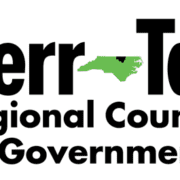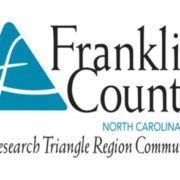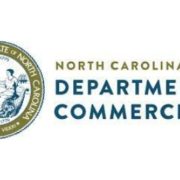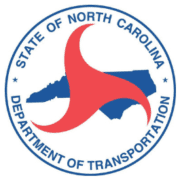Blackmon, Kelly Bring Home KTCOG Honors From Annual Banquet
The Kerr-Tar Regional Council of Governments held its annual awards banquet last week and two local officials were honored for their leadership at the city and county levels.
Leo Kelly, Jr., chairman of the Vance County board of commissioners was named Outstanding County Elected Official, and City Manager Terrell Blackmon received the Outstanding Manager Award, according to information from KTCOG’s Susan Tucker.
Kelly received his award from Granville County commissioner Sue Hinman. Henderson City Council member Mike Rainey presented Blackmon with his award at the banquet, held Thursday, Sept. 22 at the Warren County Armory Civic Center. KTCOG Board Chair Walter Gardner presided over the meeting.
Tucker said 124 individuals were present for the annual banquet representing the five counties that comprise the KTCOG.
“The primary purpose of this annual banquet is to highlight the achievements of regional leaders who have been nominated by their peers/constituents for outstanding performance and contributions,” Tucker said in a statement to WIZS News Monday.
The 2022-23 officers also were installed at the banquet. The new chairman is Zelodis Jay, a member of the Granville County board of commissioners; vice chairman is Derrick Sims, a Person County Commissioner; and treasurer is Betty Wright, a Louisburg town council member.
In addition to awards received by Kelly and Blackmon, the following awards were presented:
- Kerr-Tar Outstanding Board Member Award was presented to Betty Wright, with the town of Louisburg. Jimmy B. Clayton of Person County presented the award.
- Outstanding Municipal Elected Official Award went to Jackie Sergent, mayor of Oxford. Oxford City Commissioner Quon Bridges presented the award.
- Outstanding City or County Clerk to the Board award was given to Paula Pulley of Warren County. Warren County Commissioner Tare Davis presented the award.
- The Regional Star Award was presented to David Smith of Granville County. Granville County Commissioner Tony Cozart made this presentation.









